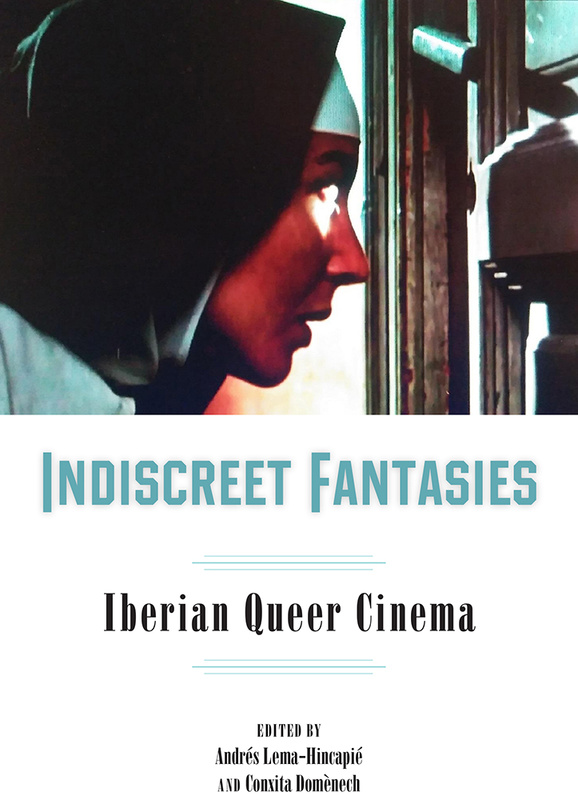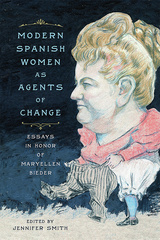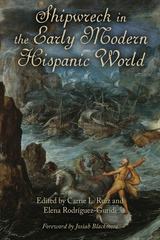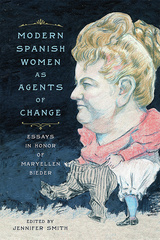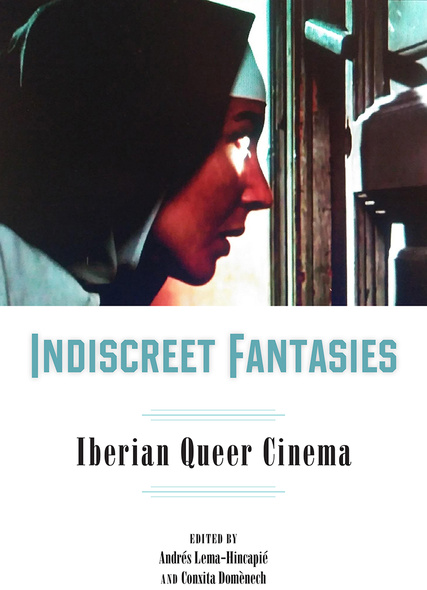
316 pages, 6 x 9
20 color images, 1 table
Paperback
Release Date:13 Nov 2020
ISBN:9781684482467
Hardcover
Release Date:13 Nov 2020
ISBN:9781684482474
Indiscreet Fantasies
Iberian Queer Cinema
Edited by Andrés Lema-Hincapié and Conxita Domènech
Bucknell University Press
Pedro Almodóvar may have helped put queer Iberian cinema on the map, but there are multitudes of LGBTQ filmmakers from Catalonia, Portugal, Castile, Galicia, and the Basque Country who have made the Peninsula one of the world’s most vital sources for queer film. Together, they have produced a cinema whose expressions of queer desire have challenged the region’s conservative religious and family values, while intervening in vital debates about politics, history, and nation. Indiscreet Fantasies is a unique collection that offers in-depth analyses of fifteen different films produced in the region over the past fifty years, each by a different director, from Narciso Ibáñez Serrador’s La residencia (The House That Screamed, 1969) to João Pedro Rodrigues’s O ornitólogo (The Ornithologist, 2016). Contributors examine how queer Iberian cinema has responded to historical trauma—from the AIDS crisis to the repressive and homophobic Franco regime—and explore how these films demonstrate a fluid understanding of sexuality, gender, and national identity. The result will give readers a new appreciation for the cultural diversity of Iberia and the richness of its thought-provoking queer cinema.
Published by Bucknell University Press. Distributed worldwide by Rutgers University Press.
Published by Bucknell University Press. Distributed worldwide by Rutgers University Press.
The editors of Indiscreet Fantasies have compiled a significant collection of essays that will be of interest to film scholars because they analyze cinema that sheds a new light on the representations of Iberian cultures and identities.
Indiscreet Fantasies . . . is a compelling and pedagogical collection of essays written by many different scholars about how Iberian filmmaking portrays issues concerning queer and dissident gender identities and sexualities in recent history.
The editors, Andrés Lema-Hincapié and Conxita Domènech, express the wish that the book be useful, especially for students of university courses. This seems to condition the structure of the book, and also the selection of themes that can undoubtedly be of great use for teachers and students on a weekly tour of different aspects of cinema in the Iberian Peninsula.
ANDRÉS LEMA-HINCAPIÉ is an associate professor of Ibero-American literatures and cultures at the University of Colorado Denver. He has authored and co-edited numerous scholarly volumes, including Burning Darkness: A Half Century of Spanish Cinema and Despite All Adversities: Spanish-American Queer Cinema.
CONXITA DOMÈNECH is an associate professor of Iberian cultures and literatures at the University of Wyoming. Her publications include Letras hispánicas en la gran pantalla: De la literatura al cine and Saberes con sabor: Culturas hispánicas a través de la cocina, both with Andrés Lema-Hincapié.
CONXITA DOMÈNECH is an associate professor of Iberian cultures and literatures at the University of Wyoming. Her publications include Letras hispánicas en la gran pantalla: De la literatura al cine and Saberes con sabor: Culturas hispánicas a través de la cocina, both with Andrés Lema-Hincapié.
List of Illustrations
Introduction
Andrés Lema-Hincapié and Conxita Domènech
Part I: Into the Realm of Sexual Provocations
Chapter 1: The Queer Gothic Regime of Narciso Ibáñez Serrador’s La residencia (1970)
Ann Davies
Chapter 2: A Queer Path to “Normal”: Pablo Berger’s Torremolinos 73 (2003)
Meredith Lyn Jeffers
Part II: Queer Intimacy—Within the Household
Chapter 3: Turning Around Altogether: Gyrodynamics, Family Fantasies, and Spinnin’ (2007), by Eusebio Pastrana
Nina L. Molinaro
Chapter 4: Framing Queer Desire: The Construction of Teenage Sexuality in Krámpack (2000), by Cesc Gay
Ana Corbalán
Chapter 5: Bridging Sexualities: Polyamory, Art, and Temporary Space in Castillos de cartón (2009), by Salvador García Ruiz
Jennifer Brady
Part III: Queering Iberian Politics
Chapter 6: Eloy de la Iglesia’s El diputado (1978): On the Margins of Spanish Democracy
Lena Tahmassian
Chapter 7: A Blatant Failure in Francoist Censorship: Jaime de Armiñán’s Mi querida señorita (1971)
Conxita Domènech
Chapter 8: Social Danger and Queer Nationalism in Ignacio Vilar’s A esmorga (2014)
Darío Sánchez González
Chapter 9: A Basque-Themed Film and the Performativity of Identity in Roberto Castón’s Ander (2009)
Ibon Izurieta
Part IV: Queer Catalonia—Destroying Essential Representations
Chapter 10: The Barbarians’ Inheritance: Memory’s Brittleness and Tragic Lucidity in Ventura Pons’s Amic/Amat (1998) and Forasters (2008)
Joan Ramon Resina
Chapter 11: Intertextual Representations and Lesbian Desire in Marta Balletbò-Coll’s Sévigné (Júlia Berkowitz) (2004)
María Teresa Vera-Rojas
Chapter 12: “Com si fóssim la pesta”: Francoism and the Politics of Immunity in Agustí Villaronga’s Pa negre (2010)
William Viestenz
Part V: Burning Counterpoints with Religiosity
Chapter 13: Bound and Cut: João Pedro Rodrigues’ O ornitólogo (2016)
Kelly Moore
Chapter 14: Queering Lisbon in Paulo Rocha’s A raíz do coração (2000): Santo António Festivities, Politics, and Drag Queens
Rui Trindade Oliveira
Chapter 15: Entre tinieblas (1983): Pedro Almodóvar, a Reformer of Catholicism?
Andrés Lema-Hincapié
Acknowledgments
Bibliography
Index
Notes on Contributors

